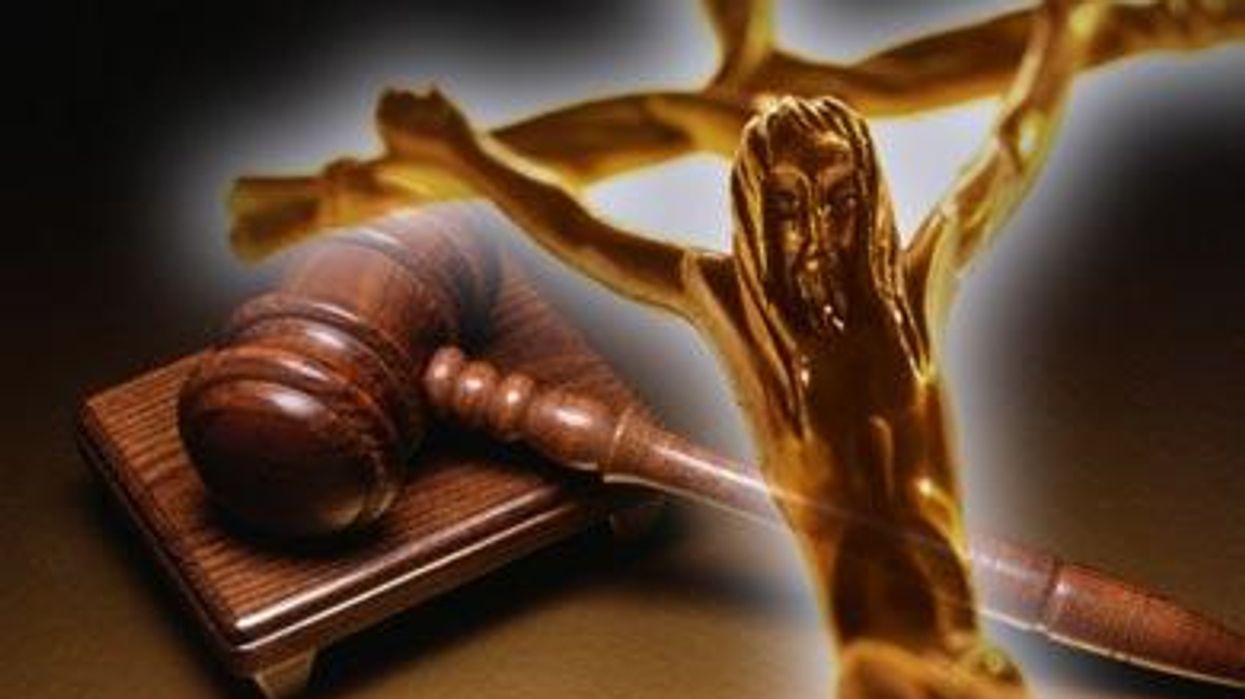The U.S. Supreme Court has ruled 5-4 that a Christian student group that bars LGBT members and their allies cannot receive official recognition and funding from a public law school.
The case, Christian Legal Society v. Martinez, centered on the Christian Legal Society at the University of California Hastings College of the Law. The student group refused membership to LGBT individuals and those who advocate for them, and sued when the university denied institutional support to the group in response.
According to the Associated Press, "The court on Monday turned away an appeal from the Christian Legal Society, which sued to get funding and recognition from the University of California's Hastings College of the Law.
"The CLS requires that voting members sign a statement of faith and regards 'unrepentant participation in or advocacy of a sexually immoral lifestyle' as being inconsistent with that faith."
Justice Ruth Bader Ginsburg, who delivered the majority opinion, wrote that the legal society sought a "preferential exemption" from the university's all-comers policy. The judgment said that the group's First Amendment rights were not violated by the public college's decision.
"In accord with the District Court and the Court of Appeals, we reject CLS's First Amendment challenge," wrote Ginsburg. "Compliance with Hastings' all-comers policy, we conclude, is a reasonable, viewpoint-neutral condition on access to the student-organization forum. In requiring CLS -- in common with all other student organizations -- to choose between welcoming all students and forgoing the benefits of official recognition, we hold, Hastings did not transgress constitutional limitations. CLS, it bears emphasis, seeks not parity with other organizations, but a preferential exemption from Hastings' policy. The First Amendment shields CLS against state prohibition of the organization's expressive activity, however exclusionary that activity may be. But CLS enjoys no constitutional right to state subvention of its selectivity."
Ginsburg was joined in the opinion by justices Stevens, Kennedy, Breyer, and Sotomayor. Justices Alito, Roberts, Scalia, and Thomas dissented.
Court Rules Against Christian Student Group















Charlie Kirk DID say stoning gay people was the 'perfect law' — and these other heinous quotes
These are some of his worst comments about LGBTQ+ people made by Charlie Kirk.